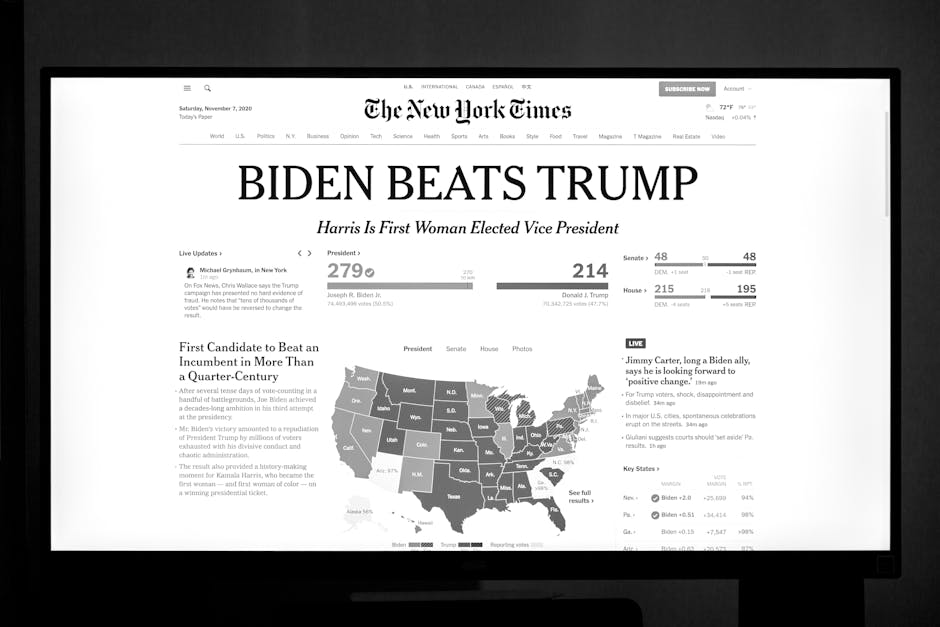Senate Vote on No Tax on Tips: A Deep Dive into the Implications for Workers and the Economy
The debate surrounding the taxation of tips has raged for years, pitting the needs of workers against the demands of a complex tax system. A recent Senate vote on a bill proposing to eliminate or significantly reduce taxes on tips has ignited a firestorm of discussion, sparking passionate arguments from various stakeholders. This article delves into the intricacies of this contentious issue, exploring the potential economic and social implications of a tax-free tip system.

The Current State of Tip Taxation in the US
Currently, tips received by employees in the United States are considered taxable income. This means that tipped employees are responsible for reporting all tips received, along with their regular wages, to the Internal Revenue Service (IRS). However, the system isn’t without its challenges. Underreporting of tips is a widespread issue, leading to significant revenue loss for the government and creating inequities among workers.

The complexities of the current system add to the burden for both employers and employees. Employers are required to track tip income and sometimes even to calculate a minimum tip amount based on sales, even if the actual tips received are lower. This process can be cumbersome, particularly for smaller businesses with limited resources. For employees, accurately tracking and reporting tips can be difficult, especially in high-volume, fast-paced environments. Many struggle to keep accurate records, potentially leading to penalties for underreporting.
Challenges Faced by Tipped Workers
- Record-keeping difficulties: Accurately tracking tips in a busy work environment can be challenging.
- Fear of IRS penalties: The possibility of penalties for underreporting can deter honest reporting.
- Wage disparities: The current system can exacerbate wage disparities between tipped and non-tipped workers, particularly if tips are unreliable.
- Employer compliance challenges: Employers struggle with tracking and managing tip reporting accurately and efficiently.
Arguments For and Against Eliminating Tip Taxes
The Senate vote on a potential exemption from taxation on tips highlights a fundamental disagreement on how to balance the needs of workers with government revenue requirements. Proponents of eliminating tip taxes argue that it would provide a much-needed boost to low-wage workers, many of whom rely on tips to supplement their income and make ends meet. It’s asserted that the current system disproportionately impacts those who already struggle financially.
Arguments in Favor of No Tax on Tips
- Increased worker income: Eliminating taxes on tips would leave more money in the pockets of workers.
- Improved morale and productivity: Higher income could lead to increased job satisfaction and productivity.
- Reduced administrative burden: Simplifying the tax system for tipped workers would reduce paperwork and compliance challenges for both employers and employees.
- Fairer wage system: This would address the wage gap between tipped and non-tipped workers.
Arguments Against Eliminating Tip Taxes
Opponents of the proposed change raise concerns about its potential impact on government revenue and the overall fairness of the tax system. They highlight the substantial revenue loss that could result from eliminating or significantly reducing taxes on tips. Concerns about potential abuse of the system and the difficulty of ensuring accurate reporting are also prevalent.
- Significant revenue loss for the government: Eliminating tip taxes would reduce government revenue, potentially impacting public services.
- Potential for abuse and fraud: Concerns exist that a tax-free system could encourage underreporting or even outright fraud.
- Difficulty in enforcement: Monitoring and ensuring compliance could be difficult without a robust reporting system.
- Impact on tax fairness: Some argue that eliminating tip taxes creates an unfair advantage for tipped workers compared to other low-wage earners.
Potential Economic and Social Implications
The economic implications of a decision to eliminate taxes on tips are far-reaching. While it could potentially stimulate the service industry by increasing worker income and improving morale, the impact on government revenue would be substantial. This could necessitate budget cuts in other areas or an increase in taxes elsewhere. A potential increase in consumer spending due to increased disposable income for service workers would be an important counter-balancing effect.

Socially, the impact could be significant. If the proposed change leads to a noticeable increase in worker income, it could alleviate some poverty and reduce income inequality within the service sector. However, the potential for abuse and the challenges of enforcement must be carefully considered. Further research is needed to gauge the long-term social impact of such a significant policy shift.
The Path Forward: Finding a Balance
The Senate vote on the no-tax-on-tips bill represents a crucial moment in the ongoing debate about fair wages and the taxation of the service industry. Finding a balance between supporting low-wage workers and maintaining government revenue streams is a complex challenge. Moving forward, a thorough examination of the potential benefits and drawbacks of various policy options is essential. This could include exploring alternative solutions like streamlining the current reporting system, increasing enforcement efforts, or implementing targeted tax relief for low-income tipped workers.
Ultimately, the goal should be to create a system that is both fair and efficient, one that supports workers while also ensuring the responsible collection of tax revenue. The ongoing debate highlights the need for a more comprehensive and nuanced understanding of the challenges faced by tipped workers and the complexities of the tax system. Continued discussion, thorough analysis, and collaboration between policymakers, employers, and employees are essential to finding a sustainable solution.

